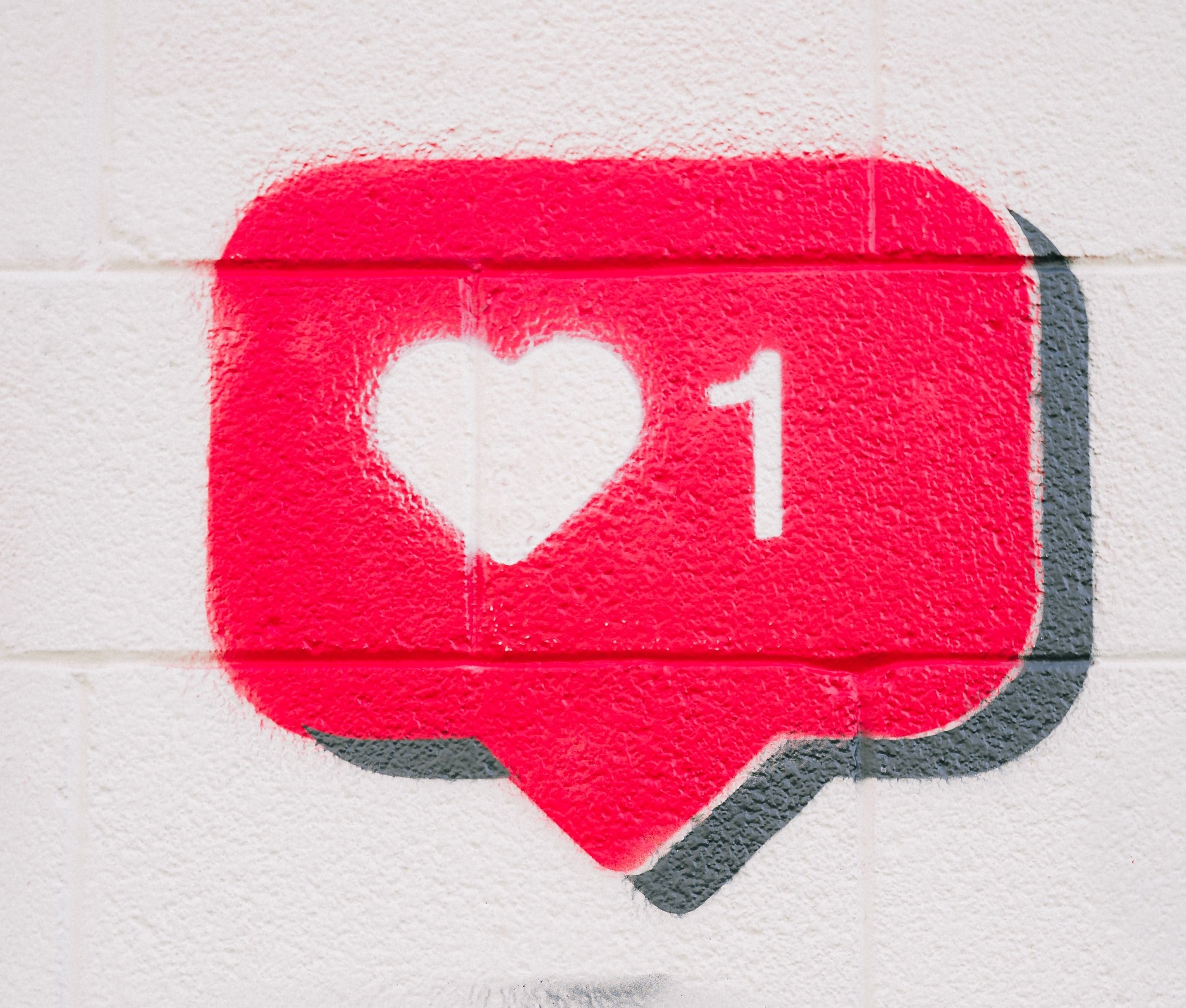How to Prevent a Social Media Crisis?
All news travels fast on social media. Remember the photo of an egg on Instagram which became the most-liked image with 18.4 million likes in less than 10 days? That’s the speed and power of social media. This same feature can sometimes give rise to a full-blown social media crisis for a brand. Many corporations have faced backlashes online when a negative review was shared. If you’ve never had to deal with anything like this before, you’ve been lucky. But knowing how to prevent a social media crisis is critical because these are not limited to big firms only anymore.
When Nike’s Stock Price Dropped!
During one of the greatest games of Duke-North Carolina in 2019, Zion Williamson, a star player from Duke university suffered a knee injury. This accident happened less than a minute into the game when Zion’s Nike shoe fell apart.
The event was being broadcast nationwide and the story was being discussed online in no time. Former President Barack Obama and NBA stars like LeBron James posted their well-wishes on Twitter. Social media users began talking and the accident became so publicized that Nike’s stock price dropped by 1.8% the next day!
Nike issued a public statement on social media and jumped into action immediately. They sent over a team to Durham and to their manufacturers in China. A month later, Williamson returned for a game with custom-built Nike shoes. He reported that the shoes felt “incredible”.
So What is a Social Media Crisis?
The Nike example was just a small vignette into what social media crises can look like. In essence, any online activity (social media) which can harm your brand’s online reputation can be classified as a social media crisis.
There could be a storm of negative comments/reviews. It could also be an online movement to boycott your brand. Remember the “Boycott Snapchat” movement in India? It happened when the CEO of Snapchat had allegedly said he doesn’t want to expand to poor countries like India and Spain.
While it’s true that some crisis situations are not fully within the marketer’s control, there are ways to prevent it. If not prevent, at least curb the effects before it blows entirely out of all proportion. AI-based tools like social listening or social media monitoring are the perfect fit for a brand to identify potential threats.
Social Media Crisis Management
Nobody can predict a crisis before it happens. But there are ways to identify the symptoms and take preventive action. Having a proper plan of action can obviously help.
A Social Media Policy for your Brand
Sometimes an enthusiastic employee might end up oversharing on social media. Sometimes cases like these expose the brand itself in a negative light and can be the cause of a social media crisis.
Preventing these crises is easy. Maintaining a solid social media policy for your company with clear guidelines can help employees understand the limitations. Some of the pointers to be mentioned include copyright guidelines, privacy guidelines, brand image guidelines et cetera.
Securing your Social Media Accounts
Securing your social media accounts is more important than you would think. Ex-employees, hackers, or even current employees can cause trouble. There have been instances when employees took to a brand’s social media accounts to post memes or funny GIFs which affect its reputation. Sometimes, it could be the work of hackers or disgruntled employees, leaving the owner of the account scrambling for cover. A case in point would be the recent likes offered to scantily-clad models by the official Instagram account of Pope Francis.
The easiest way to avoid such crisis situations would be to secure your accounts and limit access to only a few of your team members. Use a centralized system to grant access to members. This also allows you to remove the access when an employee leaves your firm.
Social Listening Alerts
Another major contributor to social media crisis moments is negative feedback/comments left by customers. Sometimes, internet trolls or competitors too can leave negative comments on your posts. These comments can harm your business, especially when they are left without a suitable response for a long time.
Monitoring all online mentions without the use of technology is definitely impossible as the number of notifications that come in run into thousands per second. It is difficult to monitor every single mention and the fires could go unattended and the damage could be done before one wakes up. For situations like these, social listening tools offer the best help. Listening to online conversations helps you capture public sentiment at all times. Any spike or peculiarity in the number of mentions or sentiment can be monitored. With social listening, you also have the ability to investigate the issue in depth.
Tools like Auris send you alerts in real-time, and such real-time alerts help you to initiate action without delay. With social media, a timely response is of utmost importance. The longer a negative review stays online, the more opportunity people will have to view it and form a negative perception. This can cause massive damage to your brand’s reputation.
Preventing a social media crisis isn’t as big a nightmare as it sounds. With simple steps and the right tools in place, you can avoid these situations well in advance.




